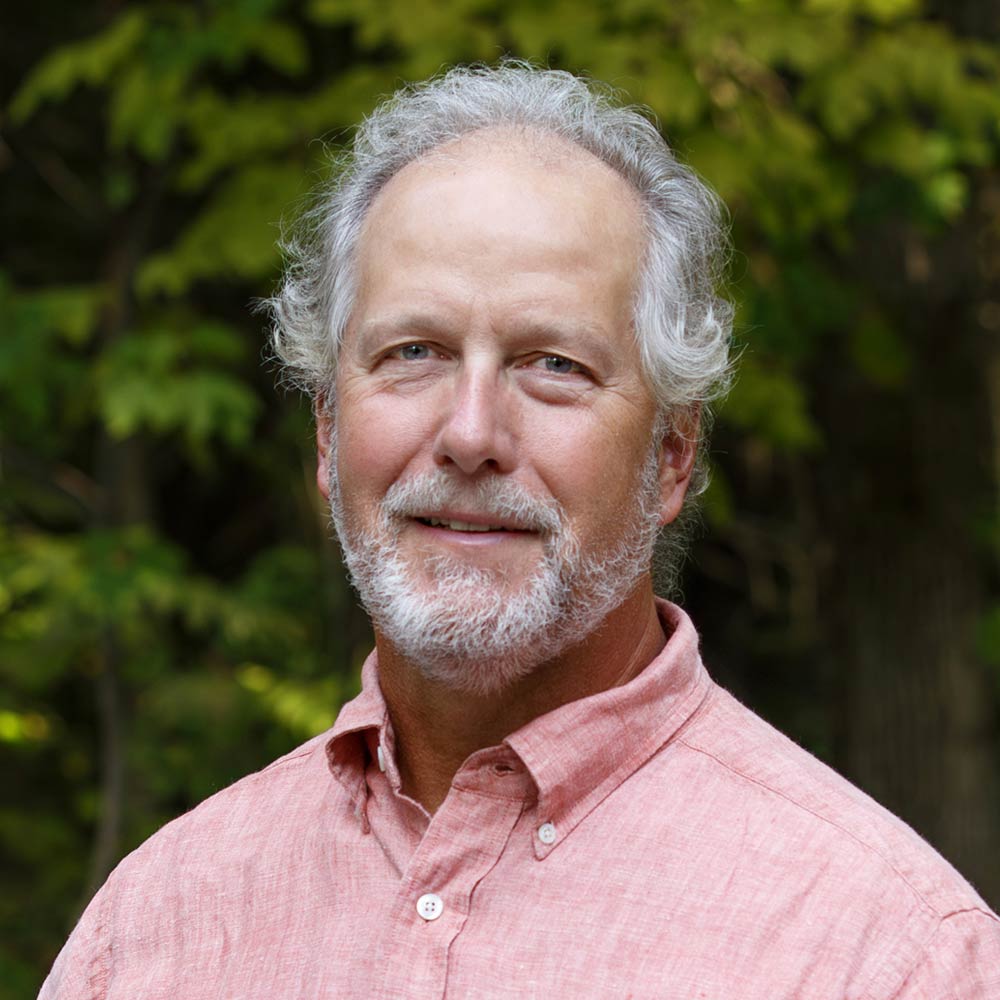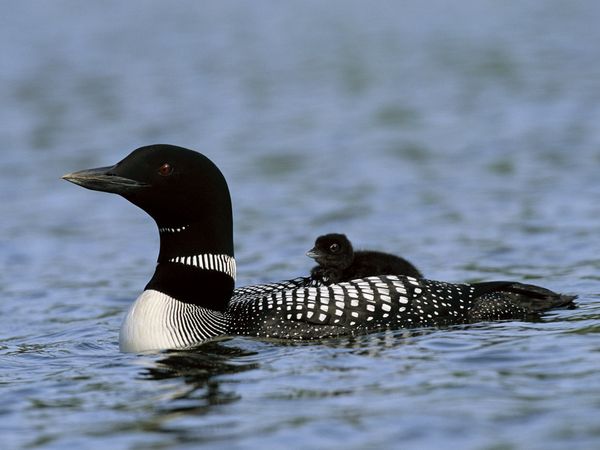Stephen Swallow

Stephen Swallow
Vice-Chair, Board Member
Steve’s love of hunting and fishing excursions have greatly contributed to his career choice, his recreational activities, and the organizations he chooses to serve. Steve and his wife, June, reside in Chippewa Bay, however, his love of fishing and hiking in the Indian River Lakes Region are the biggest reasons for his commitment to the Indian River Lakes Conservancy (IRLC).
Steve’s educational background is a BS in Wildlife & Natural Resources Management with a PhD in Resource Economics. His passion is in researching the benefit that nature provides to people. Steve has stated he’s “overwhelmed by the quality of staff our donors have enabled.” Steve believes the level of impact donors can have on land conservation so far and on the future opportunities for our communities — the families, and specifically, our youth, is outstanding.
The lands that encompass the IRLC region are a key link from the northern forests of New England to the southern forests of Ontario, allowing an international, quality migration corridor to function around areas of higher human impact, such as the 1000 Islands. IRLC magnifies the effect of his efforts to help people and the environment.
As a side note, Steve and his wife June, love to dance and Steve can make a killer apple crisp in the open outdoor oven in the dead of winter!
Land protection directly supports watershed health! Conserving land helps to reduce erosion and runoff, reduces pollutant export through filtering, preserves natural flow patterns, and minimizes flooding.

